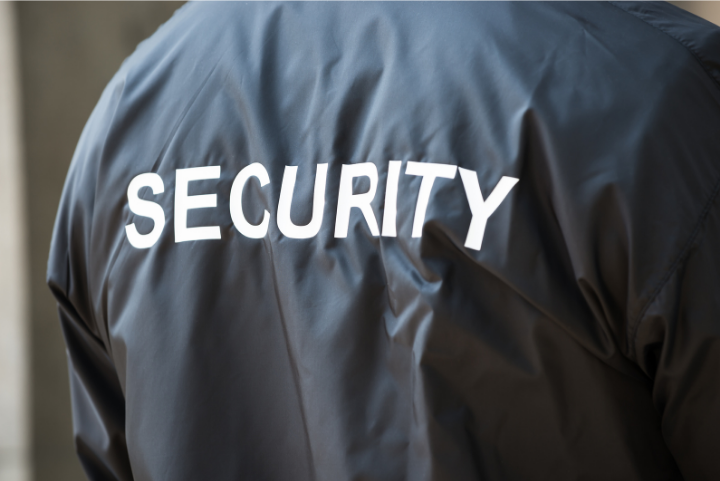31 May 2022
Over the last decade, many people have become aware of the vital role that mental health plays in their lives. A healthy mental state contributes to the productivity of an individual and the organization where they work. Poor mental health causes personal suffering, physical ailments, and harmful behaviors. It can also negatively affect an individual’s family, their organization, and the community at large.
Security is one of the least researched industries when it comes to mental health. This leaves security professionals vulnerable to the adverse effects of poor mental health. There aren’t adequate policies to help workers deal with mental issues at work. Mental health is also not a focal point for most security managers. This was proven by a recent study that found that almost 40 percent of surveyed security guards exhibit symptoms of PTSD.
Keep reading to learn more about the factors that affect mental health in the security field.
Factors That Negatively Impact Mental Health in The Security Industry
There are over 20 million private security frontline workers worldwide. They are typically the first people you encounter when you walk into a building. You will find them at the access points, reception, and inquiry desks. Below are some factors that negatively impact the mental health of security professionals.
Difficult Clientele
Security personnel is the first to deal with visitor grievances. This puts them in emotionally tense or even violent situations. IFSEC Research showed that 64.6% of security workers get abused at least once a month. No matter how strong and resilient security professionals seem, their experiences at work make them vulnerable to mental health problems.
Long Working Hours
Studies have also linked poor mental health among security workers to long working hours, leading to fatigue and burnout. Prolonged fatigue throws workers off balance. If managers don’t handle their workers’ burnout, the consequences can lead to a total mental breakdown.
Limited Social Life
Most security professionals work in shifts, isolating them from the world. These shifts vary from night or day shifts and with a limited number of off days. This can limit social interactions, thus making it more difficult to establish meaningful relationships. It is essential to understand that one way to deal with depression is to have healthy social interactions.
Low Wages
Poor pay has also been listed as a reason why security professionals find it difficult to handle stress. Low wages make it hard to meet daily needs, create limited access to medical services, and may hinder one’s ability to have leisure time.
How Can We Improve Mental Health in the Security Sector?
May is mental health awareness month. This is an opportunity for organizations to educate their staff on the benefits of protecting their mental health. Security firms can create a supportive culture by ensuring that communication channels are always open for employees to air grievances. Companies must also provide feedback on any issues raised. This shows employees that their company values their input and has heard their concerns.
Final Word on Mental Health Awareness in the Security Field
Although companies can take steps to create a workspace that supports mental health, employees have a personal responsibility to monitor their mental status and rate their well-being. People should develop healthy lifestyles that keep them from stressors. They should also build supportive social circles that can help them destress.
Finally, employees should air grievances for resolution rather than bottling up negative emotions and feelings. Remember, it is okay not to be okay and ask for help.
By Faith Mwangi
Security Administrator
Lady Askari Limited
References
Security guards struggle with PTSD and lack mental health support | News | University of Portsmouth
Nobody left behind: The mental health support gap in the security industry (ifsecglobal.com)


